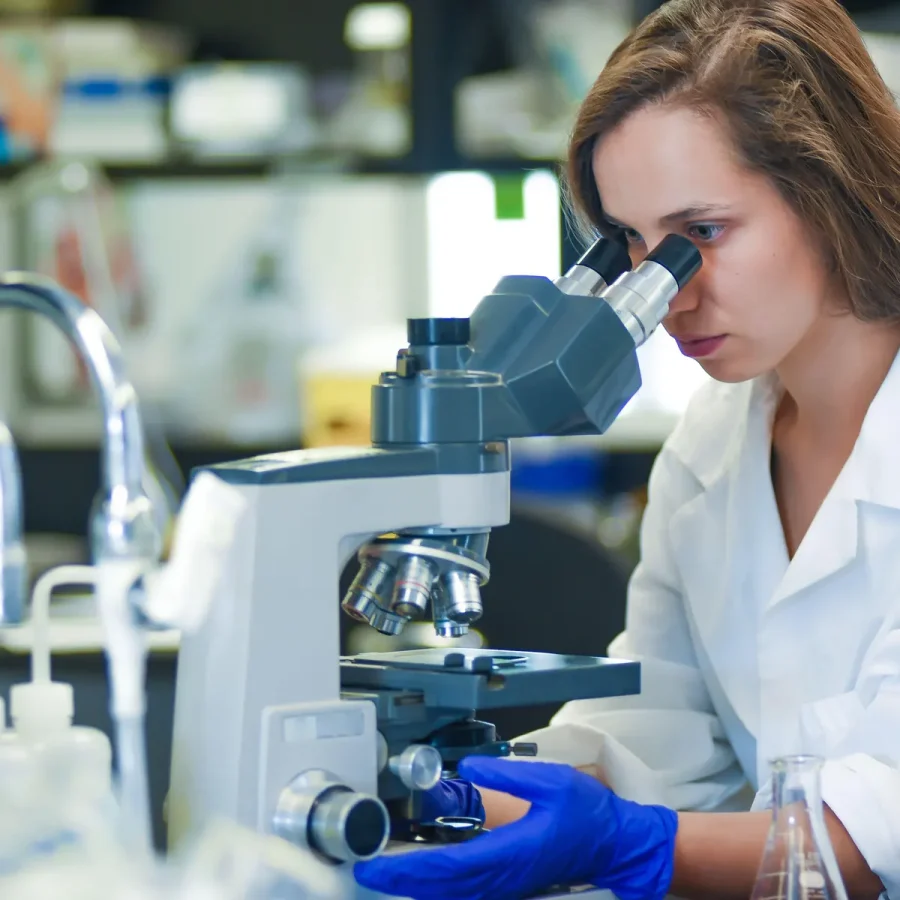There is some exciting news about fighting cancer. But, this time around, artificial intelligence is out there to help out researchers.
The AI is being used to predict the disease. Scientists at the Johns Hopkins University have started utilising machine learning technology to spot the bad stuff in our DNA that causes cancer. They are hoping this can help make better treatments for cancer.
They are talking about using AI to learn about some tricky parts of our DNA and detect patterns in genetic ‘dark matter’ also known as ‘junk DNA.’ These parts are a bit like hidden stuff in space. These scientists are like detectives trying to uncover secrets.
“This new method could provide a noninvasive means of detecting cancers or monitoring response to therapy,” the university said in a release earlier this week. The clever part is that Johns Hopkins researchers are using machines to look at 1,200 different types of ‘dark matter’ DNA. And guess what? They found that in cancer, there’s more of this ‘junk DNA’ floating around. It’s like finding clues in a mystery.
One of the scientists said it is like lifting the curtain and seeing what is hiding behind. They think this could lead to better ways to treat cancer. Victor Velculescu, an oncology expert and co-author of the study, believes the breakthrough could result in innovative treatments, diagnostics, and screening methods for cancer. “It’s like a grand unveiling of what’s behind the curtain,” he told the Financial Times.
Other smart people in Cancer Research UK say this is really exciting. They hope this new tech can help spot cancer earlier, which means it could be treated sooner. And this isn’t the first time machine learning is helping with cancer. Last year, they used machines to spot more breast cancer cases than doctors could. It’s like having a super-powered helper to catch things doctors might miss.
“Our study shows that using AI can act as an effective safety net — a tool to prevent subtler signs of cancer falling through the cracks,” Ben Glocker, a co-author of the study and a professor in machine learning for imaging at Imperial College London said.










